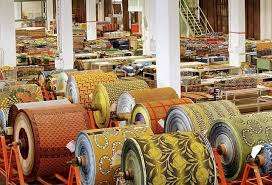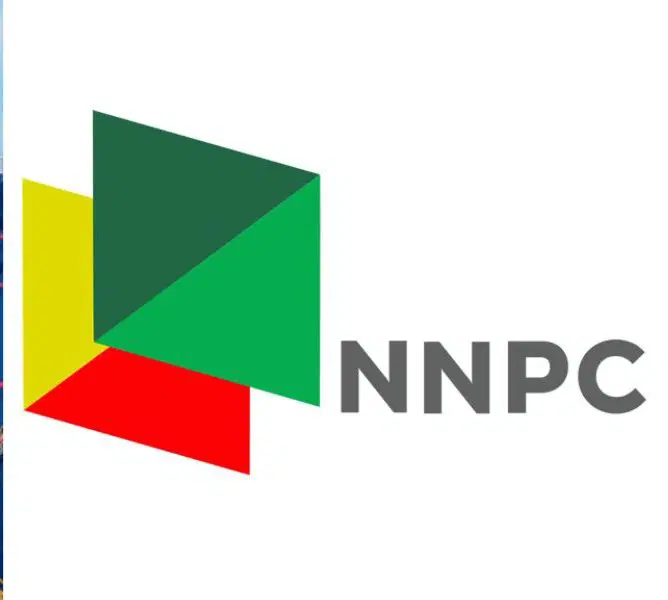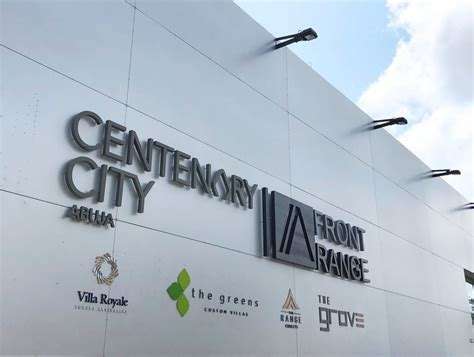Nigeria’s textile industry is under mounting pressure as textile imports surged by 297.8% over the past five years from ₦182.53 billion in 2020 to a record ₦726.18 billion in 2024 according to data from the National Bureau of Statistics (NBS). The steady increase reflects rising dependence on foreign-made fabrics amid persistent challenges in local manufacturing.
Analysts attribute this trend to high domestic production costs, erratic power supply, smuggling, and the influx of cheaper textiles from Asia. Once a leading employer, Nigeria’s textile sector now struggles to remain competitive. Stakeholders warn that without immediate reforms, the country risks further industrial decline.
Gagan Gupta, CEO of Arise Integrated Industrial Platform (ARISE IIP), stressed that Nigeria could reclaim its position by leveraging its raw cotton base, large workforce, and growing consumer market. However, he noted the need for a clear policy framework, improved infrastructure, access to financing, and enforcement of import regulations.
Experts are urging the government to revitalise industrial parks, incentivize local production, and integrate the sector into global value chains. Without coordinated public-private action, Nigeria’s textile industry may continue to erode under import pressure.




